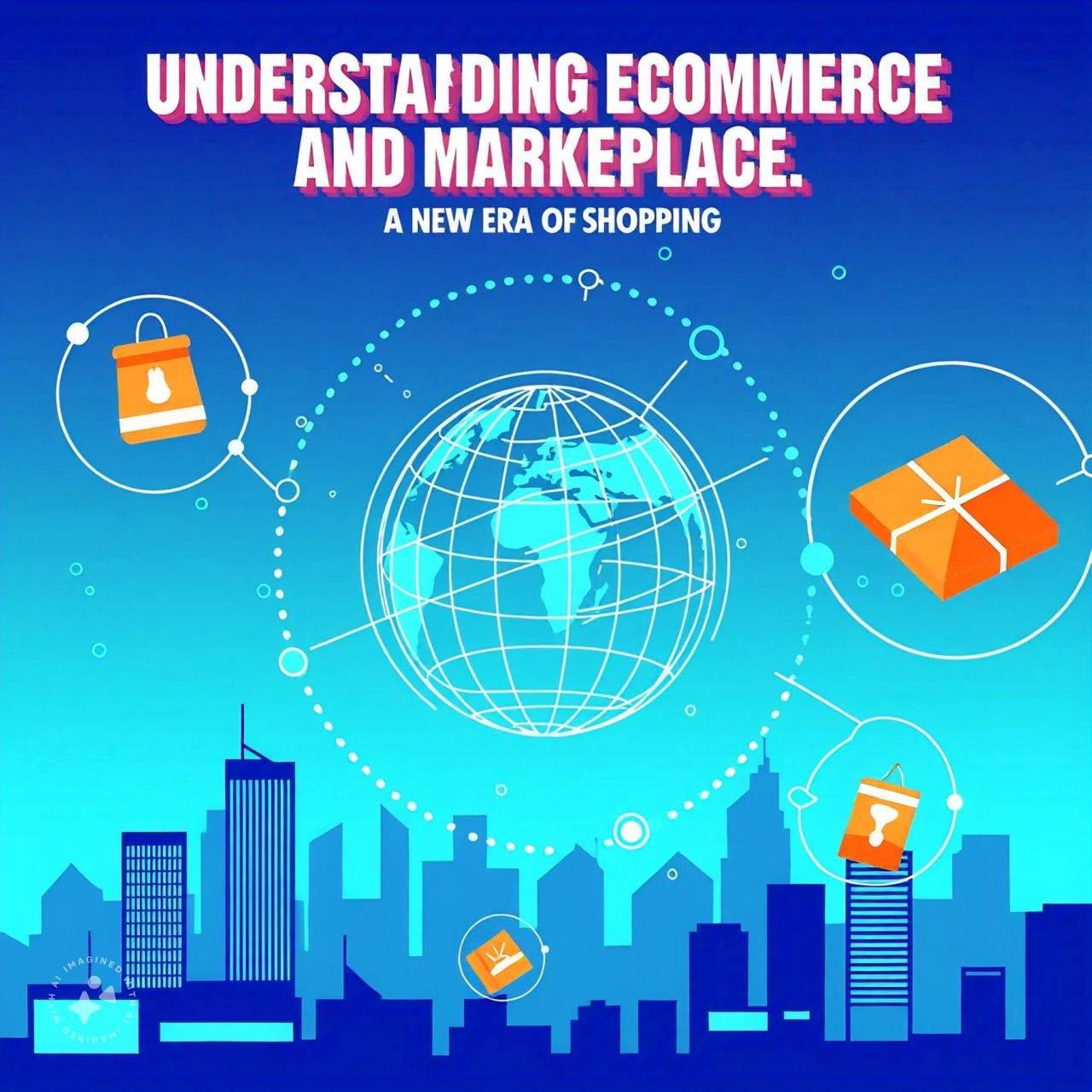Okay, so you’re thinking about starting an online store. You’ve got your idea, you’ve got your product, and you’re ready to hit the ground running. But then… reality hits. The overhead, the inventory, the tech setup—it’s like building a mansion without a blueprint. You don’t need all that stress, right? Here’s where lean e-commerce comes into play. It’s the secret sauce to running an online store that’s nimble, cost-effective, and—most importantly—built for success with minimal waste. Let’s break it down, shall we?
What Is Lean E-Commerce?
Lean e-commerce is all about running an online store efficiently and effectively without wasting resources. It’s the business equivalent of Marie Kondo-ing your operations—keeping only what sparks joy (or in this case, profit!) and ditching everything that doesn’t. From streamlining your processes to automating repetitive tasks, lean e-commerce helps you build a sustainable business with fewer headaches and lower costs. It’s about making smarter decisions and working smarter, not harder!
Why You Should Consider Lean E-Commerce for Your Store
Imagine this: You’re running a lean, mean online business machine, and your expenses are under control. No more drowning in stacks of unsold inventory or spending hours managing outdated systems. Instead, your processes are streamlined, your inventory is optimized, and you’re generating consistent profits without all the unnecessary fluff. Sounds like a dream, right? Well, lean e-commerce can make that dream a reality.
1. Lower Overhead Costs
Let’s face it: traditional e-commerce stores often come with a hefty price tag. You need to stock inventory, rent warehouse space, hire staff, and invest in expensive software. But with lean e-commerce, you minimize these costs by focusing on only what’s necessary. You can use drop shipping, automate tasks, and even operate out of your garage (okay, maybe not forever, but you get the idea). It’s like running your business from a tiny, cozy apartment instead of a sprawling mansion—you’ll still thrive, but without the extra expenses!
2. Speed and Agility
Running a lean e-commerce store means you can quickly pivot, try new products, and test different marketing strategies without a ton of red tape. When you’re not weighed down by complicated processes, you can move faster and react to changes in the market. This speed allows you to take advantage of new opportunities as they arise—whether it’s a viral trend or a sudden demand spike for a new product. Think of it like having a sports car that can weave through traffic while everyone else is stuck in their clunky old sedans!
3. Focus on the Essentials
With lean e-commerce, you don’t waste time on things that don’t directly contribute to your bottom line. That means you can focus on the things that really matter—like customer experience, product quality, and targeted marketing. It’s all about doing more with less. You won’t waste time worrying about things like packaging or fancy office furniture. Instead, you can put that energy into making your customers love your brand and spreading the word. A lean business means you’re focusing on what actually moves the needle for you!
Key Components of Lean E-Commerce
Now that we’ve got the why down, let’s take a look at some key components of lean e-commerce that can help you optimize your business:
1. Streamlined Operations
First up, you need to streamline your operations. This means automating as much as possible—whether it’s inventory tracking, order fulfillment, or customer support. Instead of manually inputting data or answering the same customer questions over and over, you can implement software that does the heavy lifting for you. This frees up your time to focus on growing your business. Trust me, you don’t want to spend your day processing returns when you could be brainstorming your next big product launch!
2. Dropshipping
Dropshipping is one of the most popular models for lean e-commerce. Why? Because you don’t have to worry about stocking inventory or shipping products yourself. When a customer places an order, you simply pass it to your supplier, who takes care of everything. It’s like running an online store without the headache of logistics. Just pick the right suppliers, and your products are on their way to customers before you even finish your morning coffee. No warehouses, no packing stations, and definitely no sleepless nights over shipping delays!
3. Data-Driven Decision Making
In a lean e-commerce store, everything you do should be based on data. Analytics can tell you which products are selling, what your customers are clicking on, and which marketing strategies are working (and which ones are flopping). With these insights, you can make smarter decisions and avoid wasting money on tactics that aren’t getting results. It’s like having a GPS that guides you to your destination—except instead of a road trip, it’s a road to higher profits!
Common Mistakes to Avoid with Lean E-Commerce
Of course, even the leanest of businesses can go off-track. Here are a few mistakes to watch out for:
1. Cutting Corners on Customer Service
One of the best things about lean e-commerce is that it allows you to focus more on delivering a great customer experience. But don’t make the mistake of thinking that customer service isn’t important. A bad experience can turn a loyal customer into a one-time buyer. Make sure you’re still offering top-notch support, even if you’re running a lean operation. A happy customer is a repeat customer, and that’s the ultimate goal!
2. Ignoring Marketing
Just because you’re operating lean doesn’t mean you can skip the marketing. You need to get the word out about your products. This could mean leveraging social media, email marketing, or even influencer collaborations. The beauty of lean e-commerce is that you can test different marketing strategies without blowing your budget. If something works, great! If not, you can quickly move on to the next thing. It’s all about flexibility.
Wrapping It Up: Lean, Mean, and Ready to Scale!
Lean e-commerce is all about working smarter, not harder. By focusing on the essentials, cutting unnecessary costs, and automating repetitive tasks, you can create a streamlined, efficient business that’s built to scale. So, whether you’re just starting out or looking to optimize your existing store, it’s time to think lean. Trust me, your future self will thank you!









